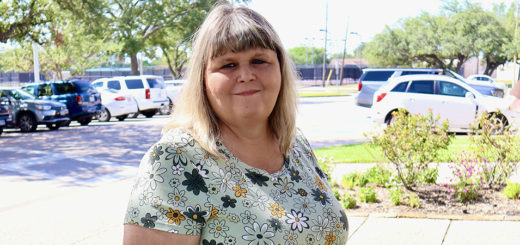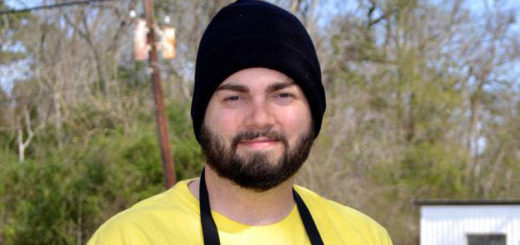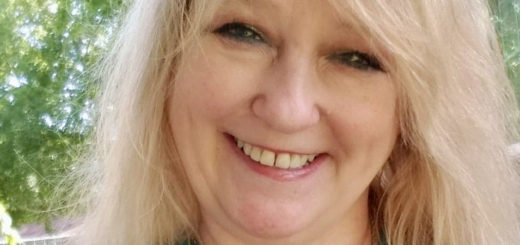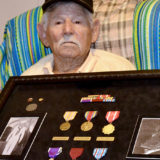‘I was content competing to be the best black’
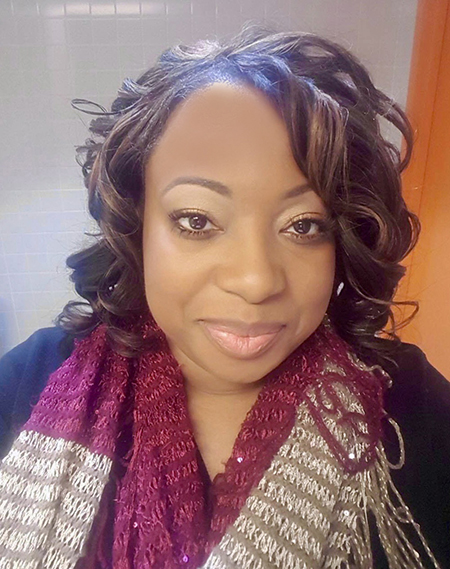
“In 1996, I received a plaque from GCCISD for my PSAT scores on behalf of the National Merit Program. It was called ‘The Exceptional Negro’ award. I’d scored in the top 5% of black high school juniors, which qualified me for the National Achievement Scholarship for Outstanding Negro Students. When I received the award, it did something to me. It translated to me as: ‘It’s a Negro … but an exceptional one.’ I’ve never been the same since that night at the school board headquarters.
“It was the beginning of a revelation that I was content competing to be ‘the best black.’ If I was the best black or separated myself as exceptional among the rest of the black folks around me, I was content with that — proud even. Which wasn’t hard, considering the bias in our school system that measured ‘smarts’ and ‘behavior’ on a scale of ‘ability to appropriate.’
“I had a fierce sense of intellectual competition, but I needed to be seen and respected as exceptional among my black friends only. I was OK with being micro-aggressed, degraded, and even demeaned by my Hispanic and white peers.
“The journey started that night, and it continued into college. College was the first place where I met black students who did not ‘talk white’ who I knew were smarter than me, and I was shocked. Code switching was a social and behavioral survival skill, but I subconsciously thought it was a prerequisite to intellect. I had to unlearn a bias that I didn’t even know I was taught.
“I’ve lived my life under the trope of ‘The Exceptional Negro’ and its weight. I’ve finally come to the conclusion that none of us are free to be exceptional until all of us are free to be average — and still be something.”
— Nikki Brooks II

